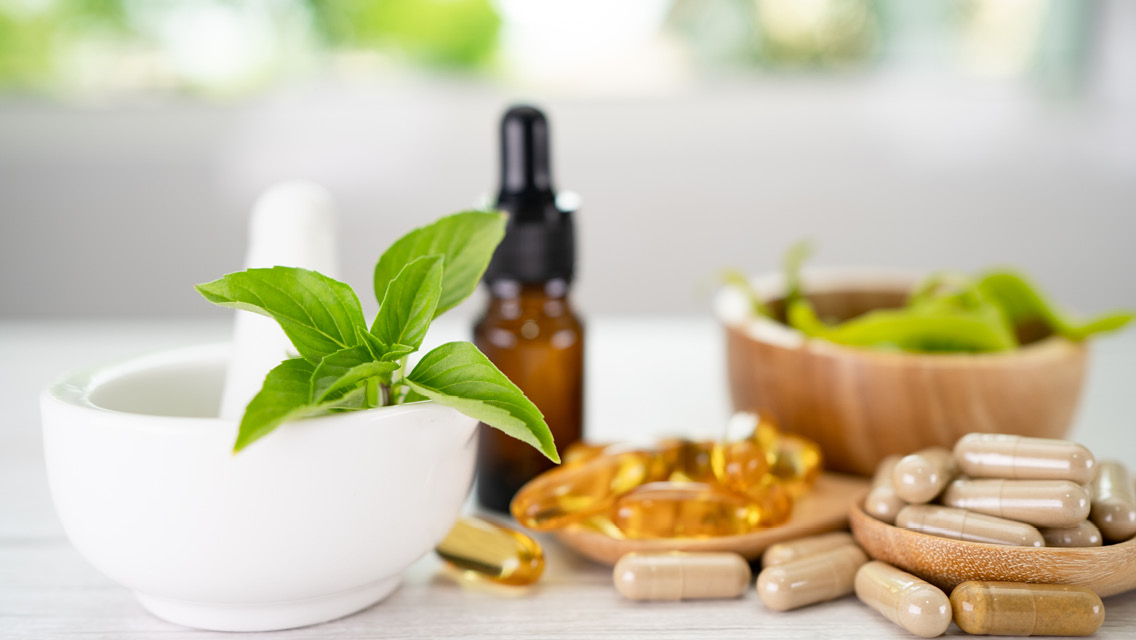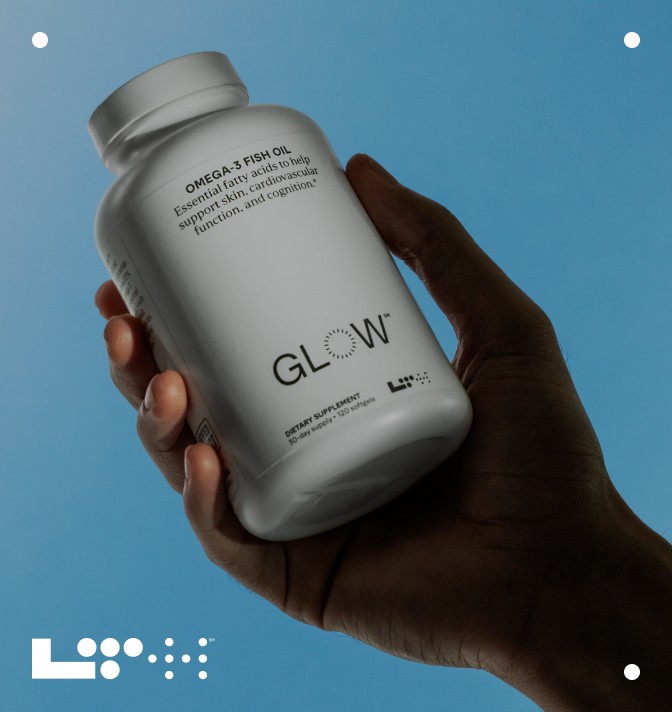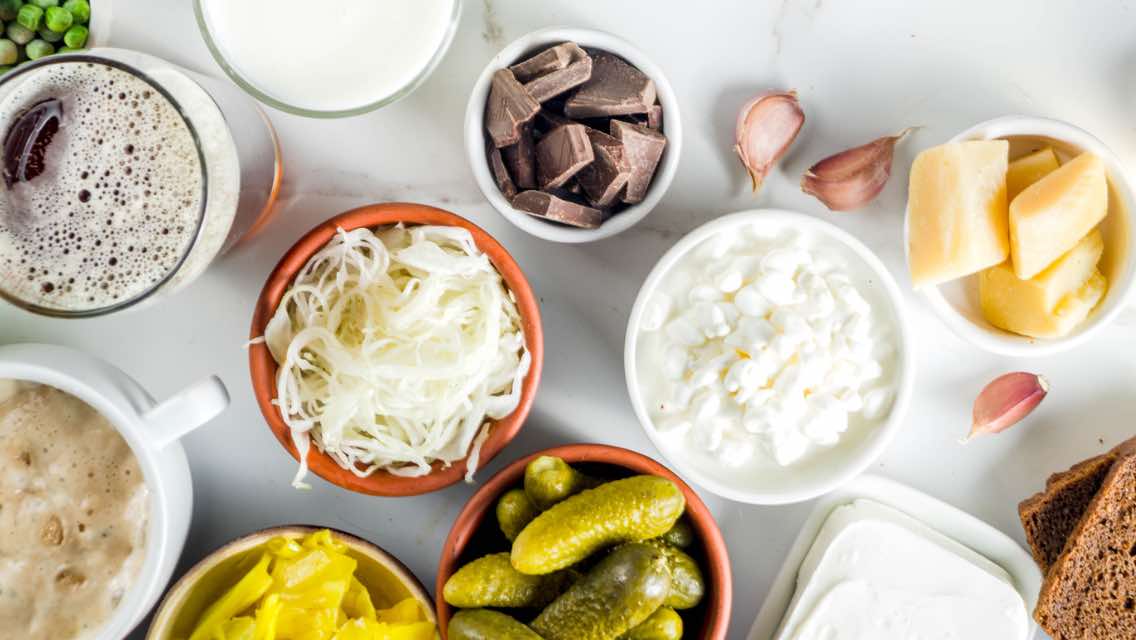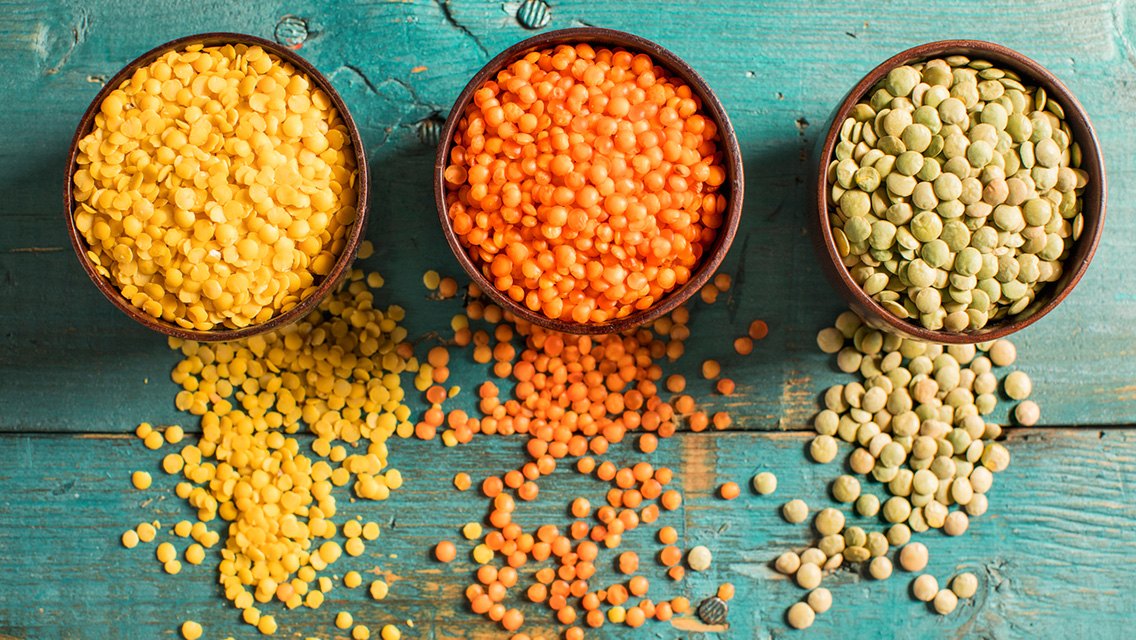1. L-glutamine
The most abundant amino acid in the body, L-glutamine plays an important role in maintaining the gut lining. It can help repair the tight junctions between the cells in the lining of the GI tract that are damaged by leaky gut syndrome.
2. Omega-3 Fatty Acids
Omega-3s have been shown to help improve the balance of good and bad bacteria in the gut microbiome in people with inflammatory bowel disease, as well as boost production of anti-inflammatory compounds that help heal leaky gut.
3. Probiotics
There’s substantial evidence that probiotics can help with diarrhea, constipation, ulcerative colitis, IBS, and other functional GI disorders such as SIBO.
Still, some people with GI distress report feeling worse on a probiotic, says functional-medicine practitioner Michael Ruscio, DC. If that’s you, listen to your body and take a break — or try a different microbial strain. (For more on finding the right probiotic, see “The Probiotics Puzzle”.)
4. Mastic gum
Research has found that mastic gum (a medicinal tree resin, usually taken orally in capsule form) can significantly improve the symptoms of functional dyspepsia, a condition where food stays in the stomach too long. It can also help fight H. pylori, the main cause of peptic ulcers, and help ease symptoms of Crohn’s disease.
5. Digestive enzymes
Supplemental enzymes have been shown to help with a variety of postmeal discomforts, including diarrhea, bloating, and flatulence. People with functional gastrointestinal disorders or leaky gut syndrome may also benefit from digestive enzymes.
This was excerpted from “7 Gut-Healing Foods” which was published in the July-August 2020 print issue of Experience Life.





This Post Has 0 Comments